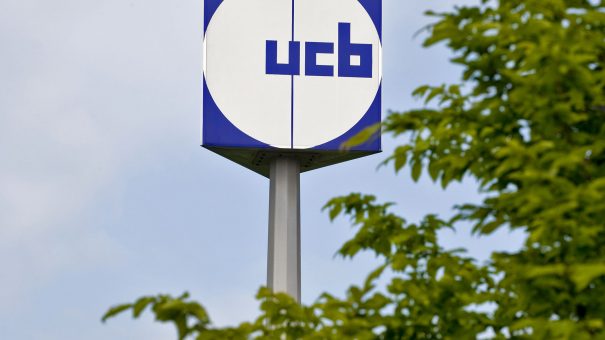FDA rejects UCB's psoriasis therapy bimekizumab

The FDA has delivered a blow to UCB's late-stage pipeline, after saying it is unable to approve its latecomer IL-17 inhibitor bimekizumab for moderate-to-severe plaque psoriasis.
The Belgian biotech said today it had received a complete response letter from the US regulator saying it "cannot approve the application in its current form" because observations in FDA inspections have to be resolved beforehand.
The delay to approval means that UCB is reviewing its financial forecasts for 2022, although it hasn't yet determined what the impact will be. Shares in the company were down nearly 15% in the wake of the announcement.
"We are cooperating with the FDA and are working to address these observations as expeditiously as possible," said UCB in a statement.
The decision comes despite earlier approvals for bimekizumab in Europe – where it is known as Bimzelx – as well as Japan, Canada and Australia. Unusually, the drug has also been pre-approved for NHS reimbursement by UK cost-effectiveness agency NICE.
It's a big blow for UCB, which is already playing catchup in the IL-17 category, currently headed by Novartis' $4 billion-a-year Cosentyx (secukinumab), which came to market in 2015.
Since then, Cosentyx has been joined by other IL-17 inhibitors including Eli Lilly's Taltz (ixekizumab) and Bausch Health's Siliq/Kyntheum (brodalumab), giving UCB a mountain to climb to differentiate its drug.
The biotech is adamant it can wrest market share from the already-marketed drugs, armed with head-to-head studies that compared Bimzelx to Cosentyx, and found that it was better at achieving complete clearance of skin lesions.
UCB puts the performance of its drug down to its ability to inhibit both IL-17A and IL-17F, while Cosentyx only targets IL-17A . It says there is evidence to suggest that IL-17F is also a key contributor chronic tissue inflammation.
When it pre-approved bimekizumab, NICE said its costs are likely to be "similar or lower" than Cosentyx and other biologics used for psoriasis.
Analysts at Jefferies think that bimekizumab's profile could drive it to sales of more than $2 billion a year, assuming it also gets approved in follow-up indications psoriatic arthritis and ankylosing spondylitis.
UCB needs that to happen if it is to lessen the impact of forthcoming patent expiries for the Belgian drugmaker's current top-selling product Cimzia (certolizumab pegol), due in Europe this year and in the US in 2024. Cimzia sales were €1.8 billion ($1.87 billion) last year.











